Description
Embrace the hearty flavor and wholesome nutrition of rye
Rye (Secale cereale) is a hardy and versatile cereal grain with a rich history, known for its ability to thrive in poor soil and cold climates. It has a deep, distinctive flavor profile that is earthy and slightly tangy, making it a beloved staple in many cuisines, particularly those of Scandinavia and Eastern Europe. Rye is prized not only for its unique taste but also for its exceptional nutritional benefits.
Rye (Secale cereale) is a hardy and versatile cereal grain with a rich history, known for its ability to thrive in poor soil and cold climates. It has a deep, distinctive flavor profile that is earthy and slightly tangy, making it a beloved staple in many cuisines, particularly those of Scandinavia and Eastern Europe. Rye is prized not only for its unique taste but also for its exceptional nutritional benefits.
A nutrient-dense superfood
Incorporating rye into your diet offers a multitude of health advantages:
Incorporating rye into your diet offers a multitude of health advantages:
- High in dietary fiber: Rye has a higher dietary fiber content than most common cereals, including wheat. The soluble fiber, particularly beta-glucan, helps to slow digestion, promote satiety, and aid in managing blood sugar and cholesterol levels.
- Supports weight management: The high fiber content keeps you feeling fuller for longer, which can help reduce overall calorie intake and support weight loss goals.
- Promotes digestive health: The dietary fiber bulks up stool and stimulates regular bowel movements, preventing constipation and supporting a healthy gut microbiome.
- Rich in vitamins and minerals: Rye is a good source of essential nutrients, including B vitamins (B1, B3, and B6), magnesium, iron, and potassium, which support nervous system function and overall health.
- Low glycemic index: Whole-grain rye has a lower glycemic index compared to refined wheat, resulting in a more gradual effect on blood sugar levels.
Versatile culinary uses
Rye’s distinctive flavor and robust texture make it a versatile ingredient in the kitchen.
Rye’s distinctive flavor and robust texture make it a versatile ingredient in the kitchen.
- Rye berries: Cooked whole, rye berries have a chewy texture and can be used in salads, grain bowls, and hearty soups or stews.
- Rye flakes: Similar to rolled oats, these can be used to make a hearty, nutritious porridge or added to muesli for extra texture.
- Rye flour: Whether used for baking traditional dark and dense rye breads (including pumpernickel) or mixed with wheat flour for a lighter loaf, rye flour imparts a unique flavor. It’s also excellent for crackers, pancakes, and sourdough bread.
Important note: While rye has a lower gluten content than wheat, it is not gluten-free. Individuals with celiac disease or severe gluten sensitivities should avoid it.
Storage and freshness
To maintain maximum freshness and nutritional value, whole rye berries and rye flour are best stored in an airtight container in a cool, dry place. Whole grains can last up to a year in the freezer, while rye flour is best kept frozen and used within 6 months.
To maintain maximum freshness and nutritional value, whole rye berries and rye flour are best stored in an airtight container in a cool, dry place. Whole grains can last up to a year in the freezer, while rye flour is best kept frozen and used within 6 months.

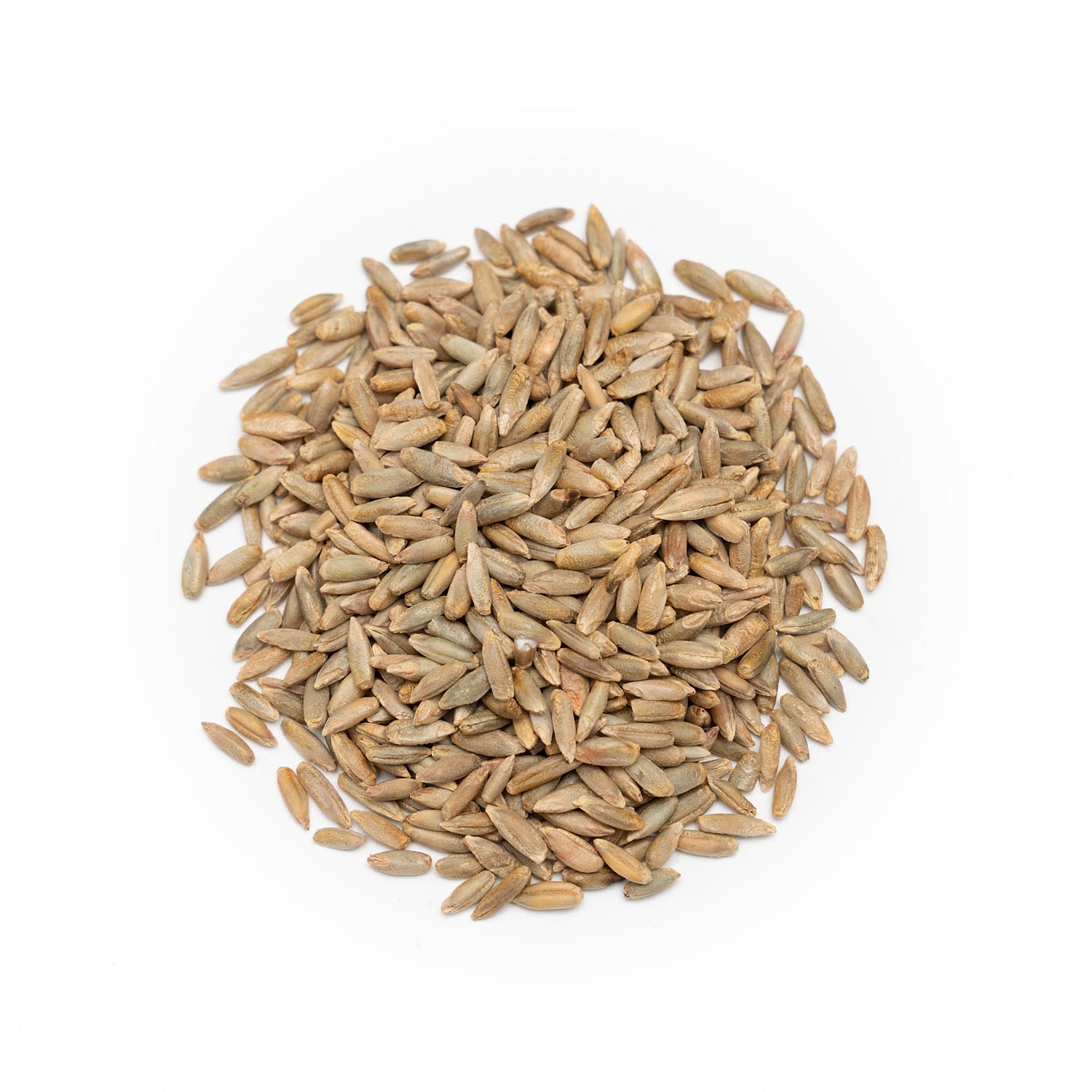
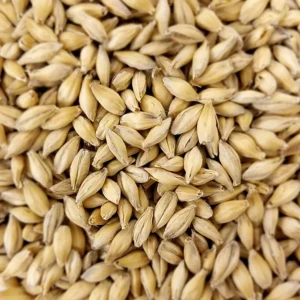
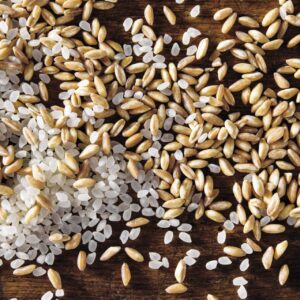
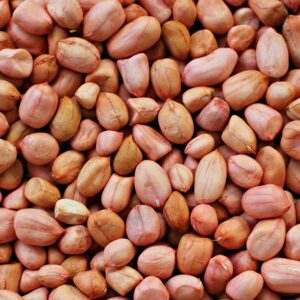
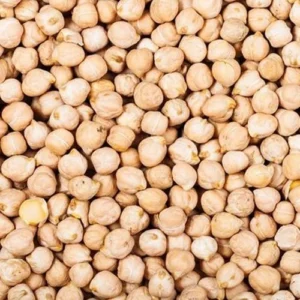
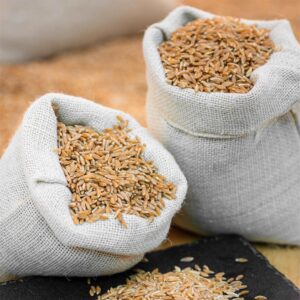
Reviews
There are no reviews yet.